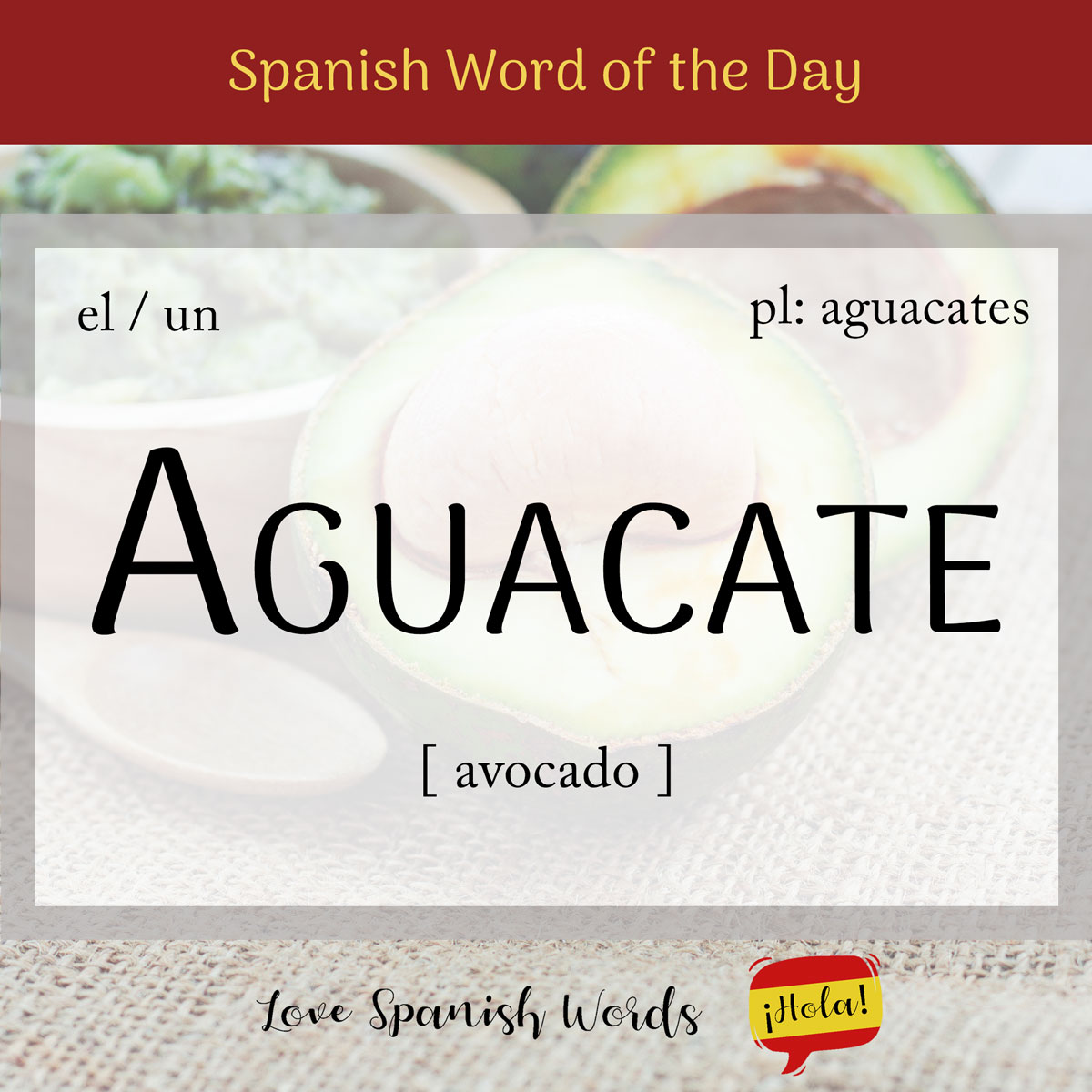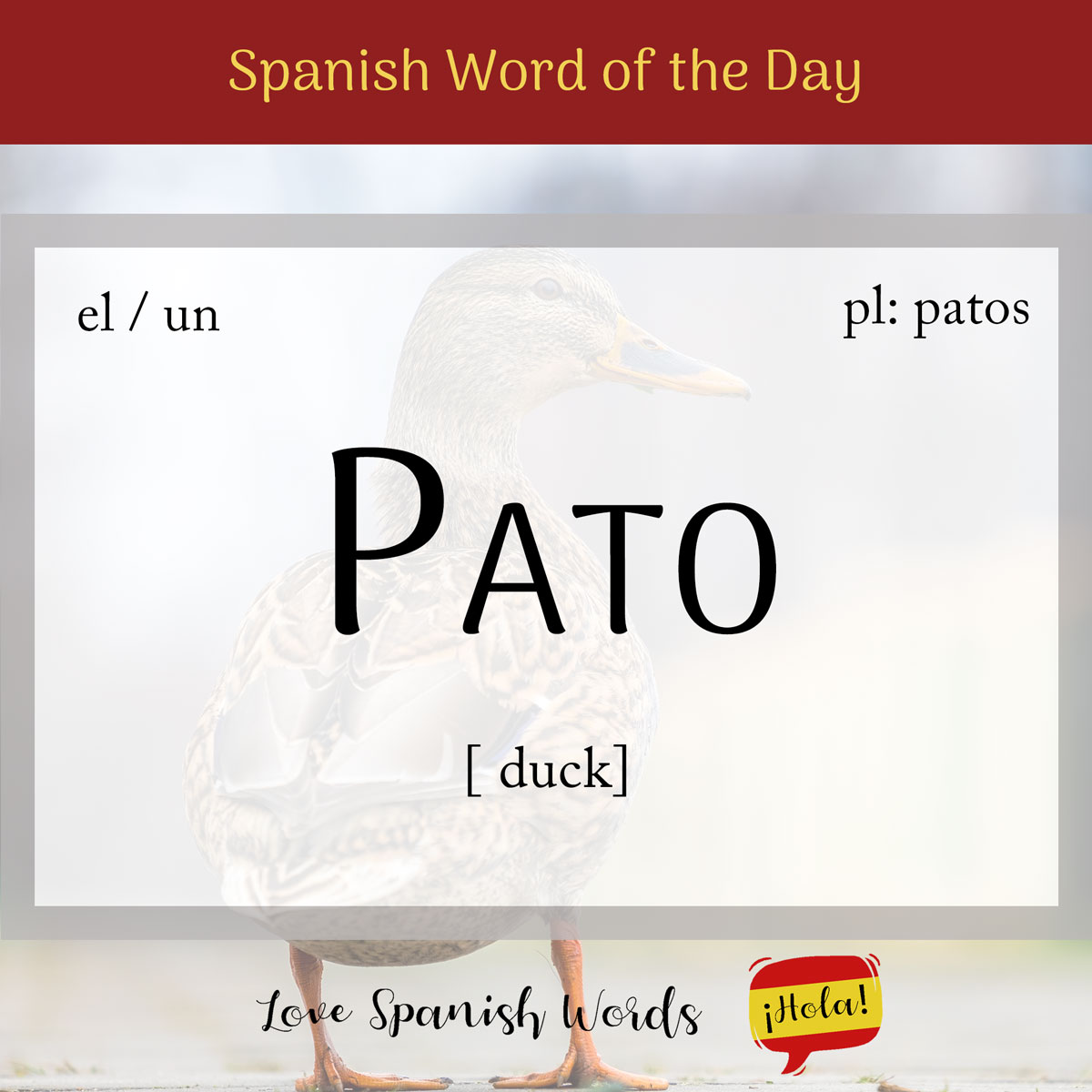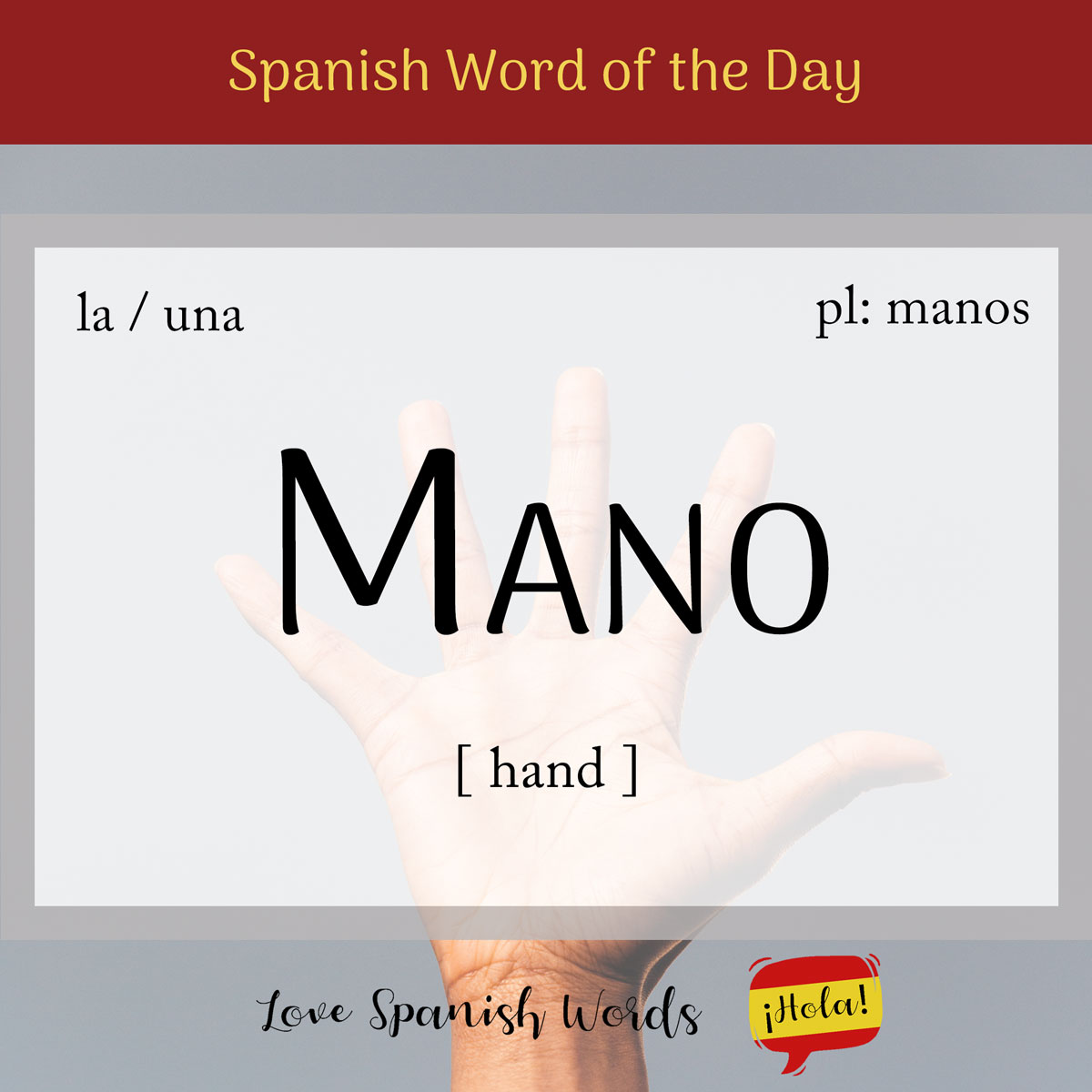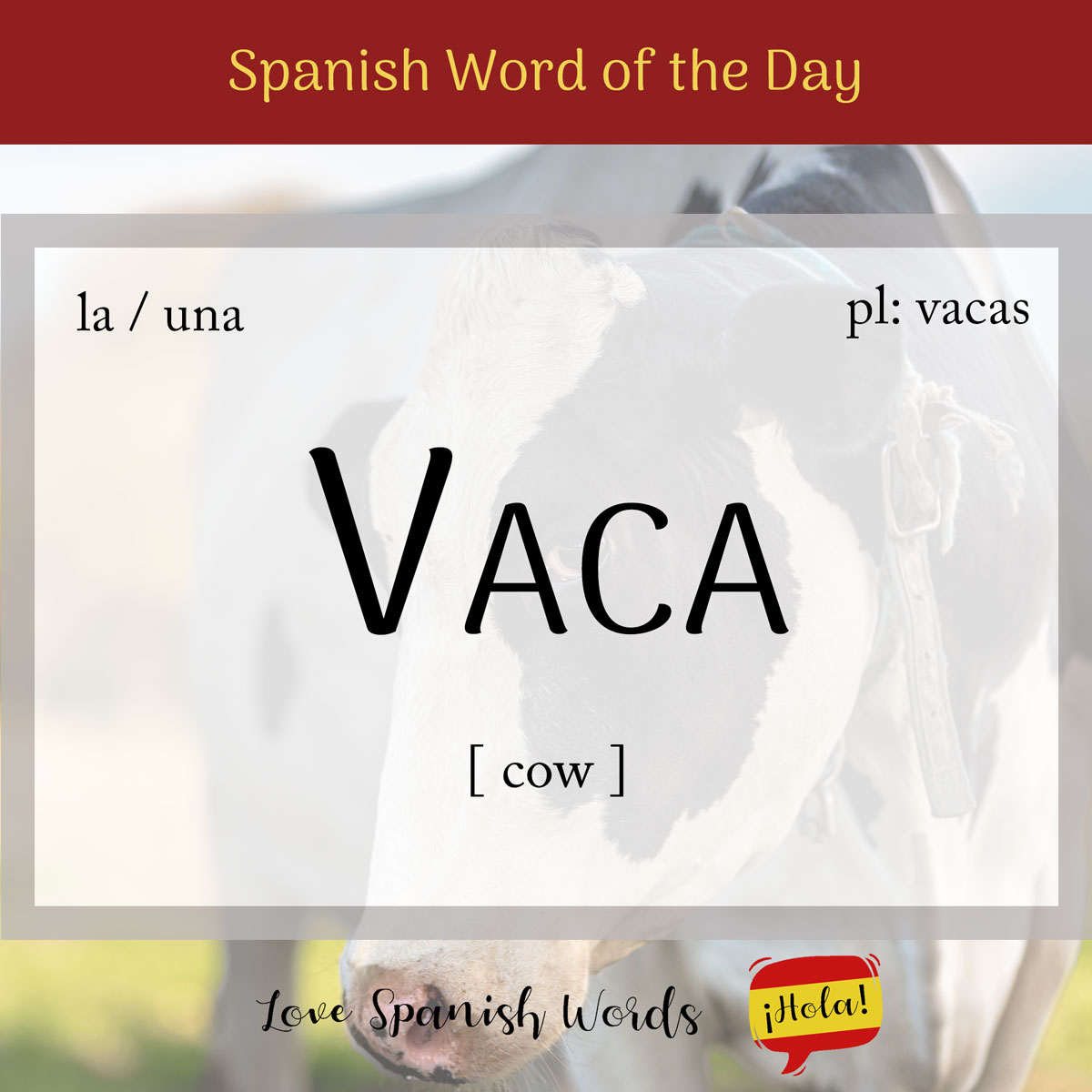Spanish Word of the Day: Aguacate (avocado)
The word aguacate derives from the Nahuatl word ahuacatl, which was originally spoken by the Aztecs in México and is still spoken by about 1.5 million people in some parts of the country. Interestingly, ahuacatl translates to testicle in English. It’s believed that the fruit was named by the Aztecs due to its texture, shape, …






